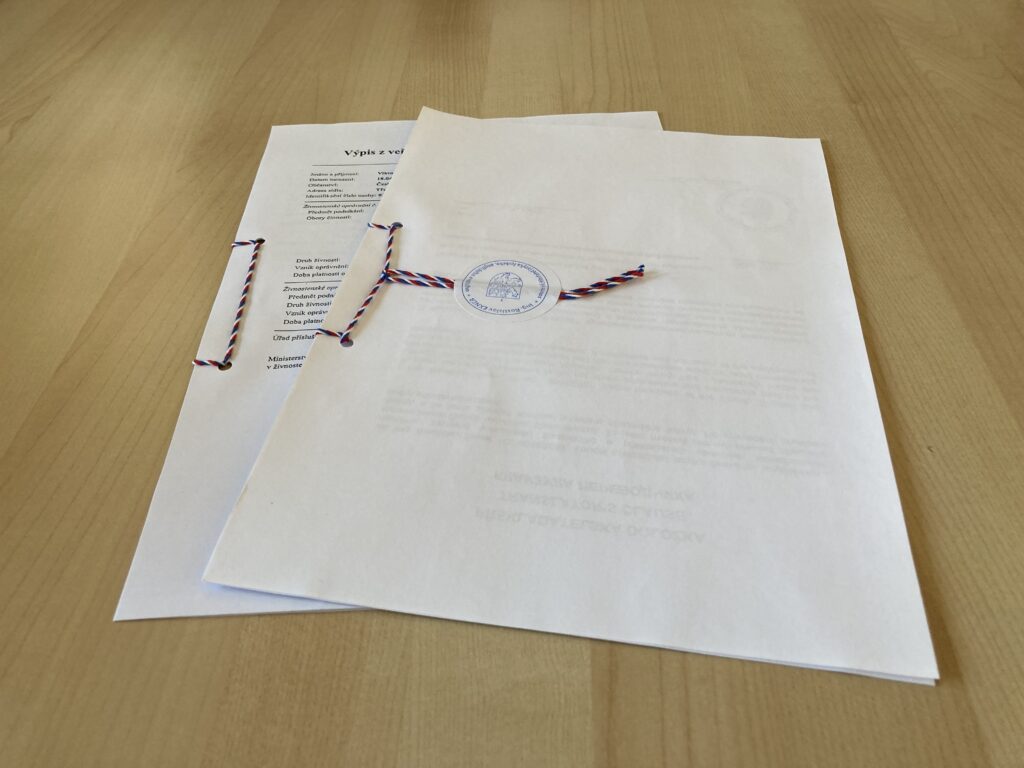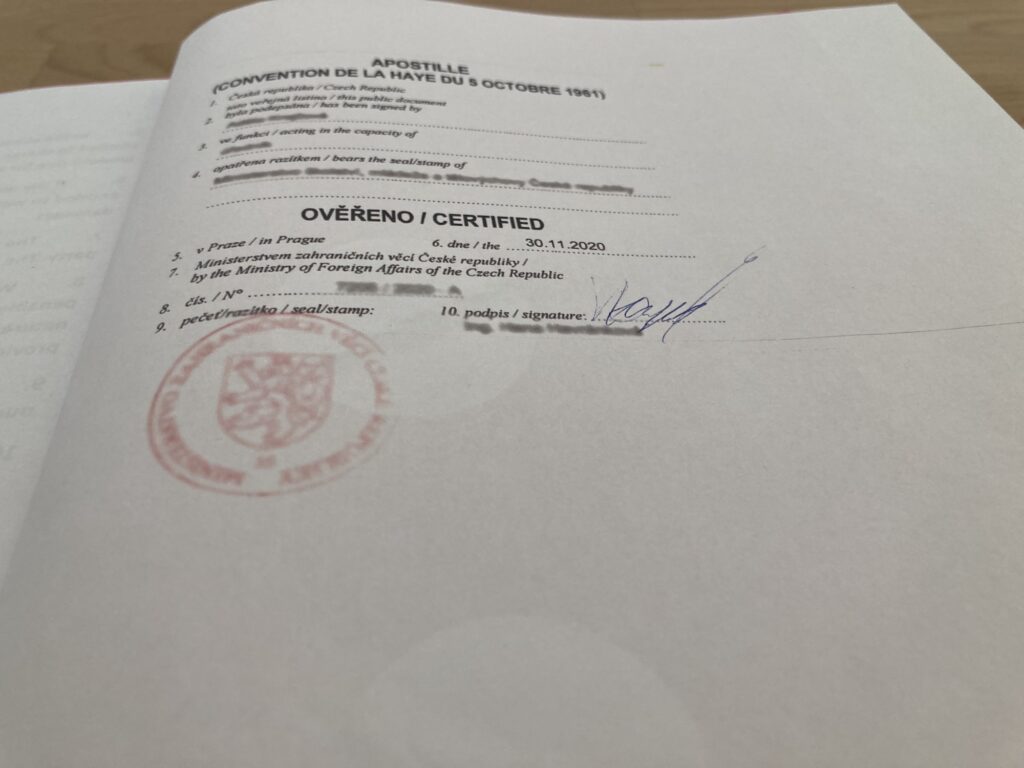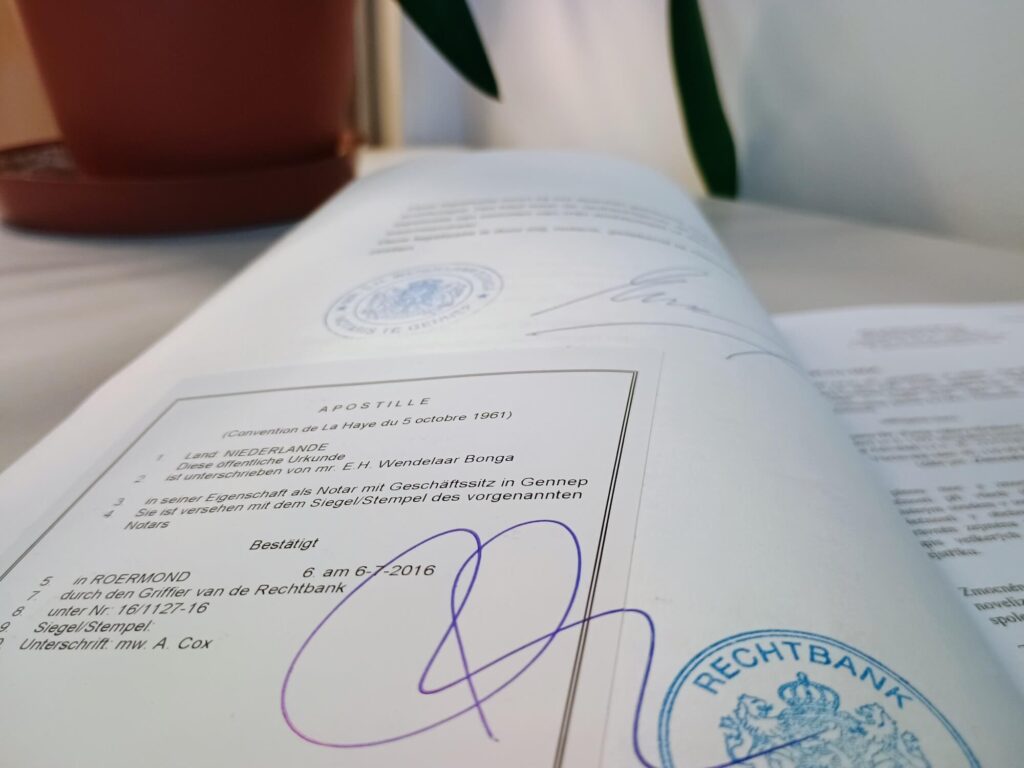Sworn translations
Official translations by a court-appointed expert.
Often also called sworn translations, sworn translations, stamped translations, or certified translations – but it’s all the same trusted service.
Specialist sworn translation services
WHAT WE OFFER
- Sworn translations of contracts, court rulings, and other legal documents.
- Translations of birth certificates, school diplomas, and other personal documents.
- Translations of financial statements, and commercial contracts.
- Translations of certificates of incorporation, and notarial deeds.
- Translations of certificates.
- Translations of documents for the police.

Standard sworn translation
Sworn translation
A sworn translation always includes a translator’s attestation with the official seal of the translator as a court-appointed expert. This confirms that the translation corresponds verbatim to the source document. If a document that includes a judicial attestation (provided by a court-appointed expert), this means that it meets government requirements for official use.
Sworn translation and apostille
Sworn translation
- If the Czech Republic and another country have a bilateral agreement that exempts documents from “legalisation” (authentication), a sworn translation will be sufficient, i.e. you will not require any further verification of your document.
- Some countries don’t have such an agreement but are parties to the Apostille Convention (Convention of 5 October 1961 Abolishing the Requirement of Legalisation for Foreign Public Documents), which allows documents to be recognised with what is known as an apostille issued by competent authorities.
- In the Czech Republic, these are the International Department of the Ministry of Justice, which authenticates documents issued by judicial authorities, the Consular Department of the Ministry of Foreign Affairs, which handles apostille verification for other documents, and the Czech Notarial Chamber, which authenticates documents issued or verified by notaries.
- Only after the document has been apostilled – something we’ll gladly arrange for you – is it passed on to a sworn translator for translation.


Sworn translation and superlegalisation
Sworn translation
- In situations where there is no bilateral agreement with a particular country, and that country is not a signatory to the Apostille Convention either, the documents that are to be translated need to be superlegalised.
- Superlegalisation is a more complex process than apostille certification, which means it also takes longer and tends to be more expensive. Before superlegalisation can take place, each document must first be authenticated by the central authority that issued it, and since each type of document falls under a different authority, this step may take place at various offices, depending on the nature of the document.
- The document must then be legalised by the Czech Ministry of Foreign Affairs and, finally, superlegalised by the destination country’s embassy or consulate for the Czech Republic.
- We’ll be happy to assist you with the entire superlegalisation process.
Electronic certified translation
Sworn translation
- An electronic certified translation is a digital file containing both the original document and its translation.
- The translation carries the sworn translator’s qualified electronic signature and a timestamp, both valid for five years.
- The resulting translation is delivered in PDF/A format. An electronic sworn translation consists of three parts:
- the original document that is to be signed
- the sworn translation mirroring the original formatting
- the translator’s attestation, including their details and electronic signature


Qualified sworn translators
Sworn translation
- Sworn translations are governed by Act No 354/2019 on experts and interpreters, as amended, and every sworn translation must be produced in accordance with the principles set out in this law.
- Our translation agency has long-standing partnerships with numerous translators and court-appointed experts across a wide range of world languages
- Sworn translations are carried out exclusively by sworn translators appointed to this role by a regional court with due jurisdiction
How do sworn translations work?
The process of obtaining a sworn translation, with its specific requirements and terminology, can be hard to navigate, and you may need to consider several factors. No need to worry, though, as we’re here to guide you through the entire process and walk you through every detail.
Learn more about sworn translationsOnline order
- We’re based in the heart of Prague, but you don’t have to be in the Czech capital to commission a sworn translation. You can easily place your order online.
- We’ll contact you within 15 minutes to provide a quote or clarify any details about the translation you need (e.g. output format, graphic adjustments, etc.)
Document for translation
- With sworn translations, the original document becomes an integral part of the translation itself. It is physically attached to the translated text, along with the translator’s attestation, which includes a seal and string to authenticate it.
- If you wish to keep the original document as it is, we recommend getting a notarised copy and using that for the sworn translation.
- For electronic versions, we’ll provide a digitally signed PDF/A document.
Getting your sworn translation done
You can visit us in person in Prague, or send your documents by post.
- We’re located in the centre of Prague (Na Příkopě 31). If that’s too far for you, you can send us the documents by post or courier service.
- Once your sworn translation is ready, you can either collect it in person or have it sent to the address you provided.
- For electronic certified translations, just email us the document, and we’ll send the sworn translation back to you the same way.
Why choose us for your sworn translation needs?
Certified sworn translators
Compliance with standards
Apostille and superlegalisation available
35+ years’ experience
Fast and reliable
Project tracking
Need a sworn translation?

Our clients

